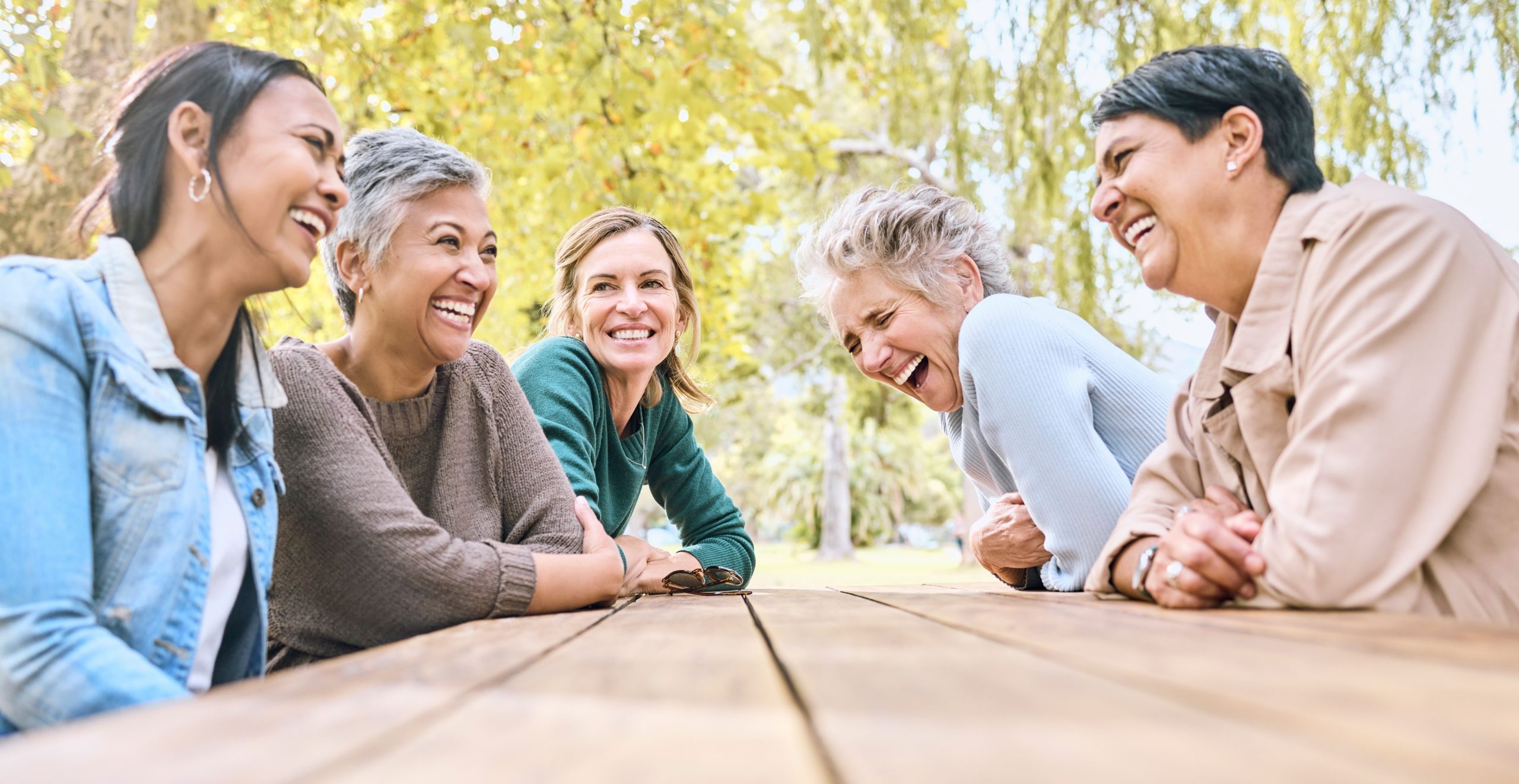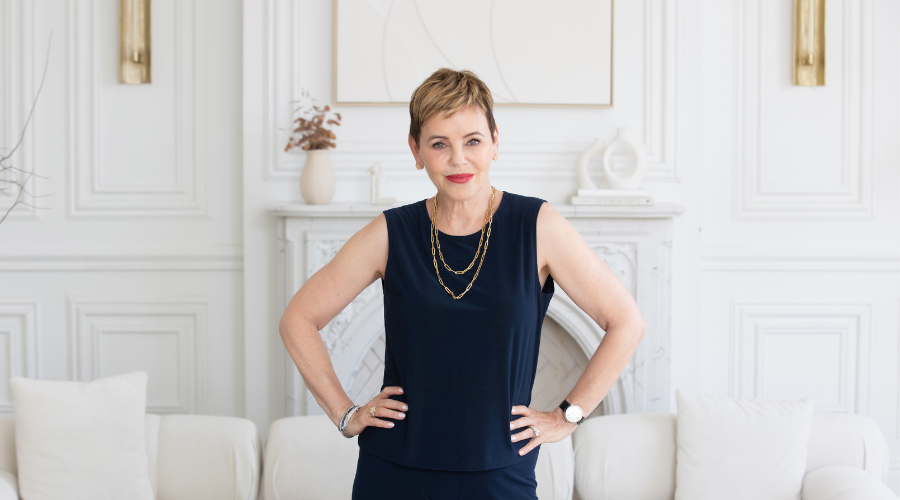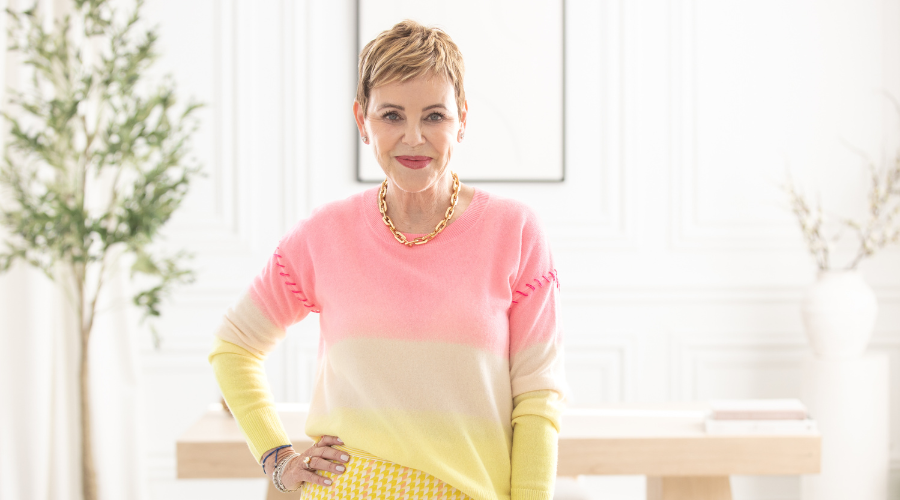“It seems that older women, long invisible or shunted aside, are experiencing an unfamiliar sensation: power.”
This quote from a New York Times story published in January was the beginning of a gaggle of media coverage about “older” women taking their place in politics, business, media and the arts. As International Women’s Day approaches, it is exciting to see Glenn Close at 71 years of age awarded the Golden Globe for best actress for her portrayal of Joan Castleman in “The Wife”. It is her exceptional acceptance speech that has me thinking about all of us who’ve been a part of the remarkable social engine of change called the women’s movement.
In her acceptance speech, Close said “To play a character is so internal. And I’m thinking of my mom who really sublimated herself to my father her whole life and in her 80s she said to me, ‘I feel I haven’t accomplished anything.’ And it was so not right and I feel what I’ve learned through this whole experience is that, you know, women, we are nurturers, that’s what’s expected of us. We have our children. We have our husbands if we are lucky enough, and our partners, whoever. But we have to find personal fulfillment. We have to follow our dreams. We have to say, ‘I can do that and I should be allowed to do that.’”
I’m pretty certain that the same feeling, “I can do that and I should be allowed to do that,” crossed the mind of the 78 year-old, Nancy Pelosi, as she became speaker of the House of Representatives in Washington. On the same night as Close was honoured for her performance, Susan Zirinsky, a 66-year-old woman was put in charge of CBS News and I’d wager her thoughts were much the same.
Close, Pelosi and Zirinsky were on the scene when the second wave of feminism began to roil social norms inside and outside the home. For Canadian baby boomers, it was a time of disruption and startling change. We started out as adolescents believing our choices were bound by the man we’d marry, his prospects and his career. By the time we’d finished high school and entered university or started working, young women could embark on an entirely different path: one of our own design. All of sudden, we had choices.
By the time I graduated from high school, I knew I couldn’t be satisfied with a life built around domesticity. In fact, by then, I wasn’t even certain I wanted to get married. What I did know is that I wished to have a career, support myself, control my own finances, and have the freedom to engage with professional, political and artistic worlds on my own. It was my awakening —as it was for so many young women in the1970s— that we could be full participants in society, neither dependent on our partners, nor frightened of what that freedom meant.
Since then, many of us breathe a sigh of relief every March when International Women’s Day rolls around. The work we did endured, while other political and social movements dwindled. It is the women’s movement that has changed the way people live: the role of women at home and in the work world, the increasing voting power of women and our very understanding of who we are as humans sharing this planet. The women’s movement was arguably the most significant social change the world has seen since women were accorded the vote during the first wave of feminism a hundred years ago, and now in 2019, we show no sign of slowing down.
As Susan Douglas, a professor of communication studies at the University of Michigan who is writing a book on the power of older women, says “a demographic revolution” is occurring — both in the number of women who are working into their 60s and 70s and in the perception, in the wake of #MeToo, of their expertise and value.
“Older women are now saying ‘No, I’m still vibrant, I still have a lot to offer, and I’m not going to be consigned to invisibility,’” she said. “These women are reinventing what it means to be an older woman,” according to Douglas.
As reported by the Times’ Katie Couric, the longtime news anchor who celebrated her 62nd birthday last month, “I think this notion of who can lead and who can’t is being completely upended. So to see someone like Glenn Close give the most moving speech of the night at the Golden Globes, and her experience and wisdom respected, or when you see Susan Zirinsky be elevated, I say, ‘Bring it on. Let’s have more of this.’”
As older women with the clear memory of what it was like before the women’s movement, it’s our time to step up, as Glenn Close and Nancy Pelosi have done—to use our hard-earned experience, our memory of that feeling of what it is like to be overlooked just because you are female—to ensure that future generations of women will not need to engage in the battle for equality as we did. Part of that is accomplished by not disappearing too early from the scene.
By sticking around and making our presence felt, not only are we paving the way for the generations coming up, but we can ensure that younger women will be considered for the top posts in their organizations and businesses while they are in mid-career.
Recently, I’ve been giving talks about my novel, Last Night of the World, at book club meetings of the Canadian Federation of University Women, founded in 1919. I can’t recall sitting down to speak with such aware, intelligent readers. I’d wager that everyone I met was over 55 years of age and that’s precisely what made the conversation so meaningful: the vast experience, the knowledge, the understanding that International Women’s Day reminds us that we must be acknowledged, cherished and supported.































